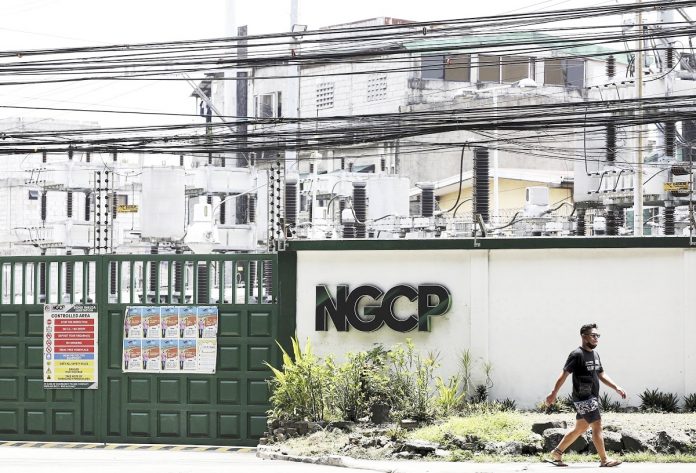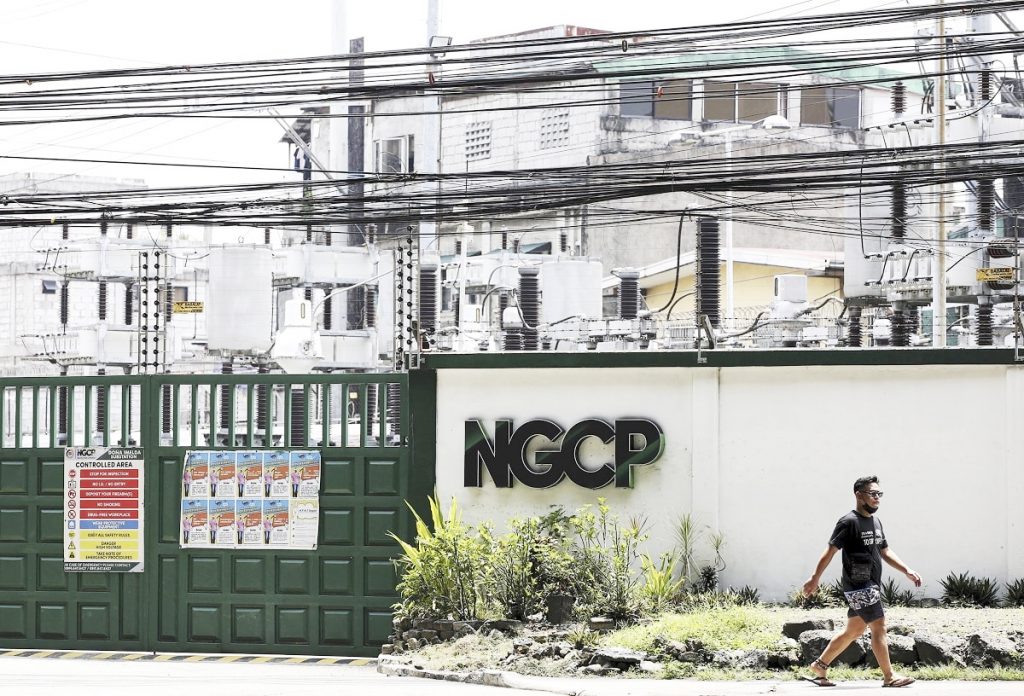TACLOBAN CITY — The Philippine Statistics Authority (PSA) has begun conducting the 2026 Monthly Integrated Survey of Selected Industries (MISSI) and the 2026 Producer Price Survey (PPS) for Manufacturing in Eastern Visayas to generate key data on the region’s manufacturing performance.
Implemented by the PSA–Regional Statistical Services Office VIII, the nationwide surveys cover manufacturing establishments in the formal sector of the economy. In Eastern Visayas, sample establishments are located in the provinces of Leyte, Samar, and Northern Samar.
The MISSI provides timely indicators for government planners and private sector stakeholders to monitor trends and business cycles in growth-oriented manufacturing industries. It gathers data on employment, compensation, value of production, sales, other income, inventories of finished products, work-in-progress and raw materials, as well as capacity utilization rates.
Meanwhile, the PPS collects producer price data of manufactured commodities for the generation of the Producer Price Index (PPI), which measures monthly and annual changes in producer prices in the manufacturing sector.
Data collection for the PPS is conducted every 9th to 22nd day of the month following the reference month, while the MISSI is conducted from the 9th to the 25th day after the reference month.
Respondents may accomplish the questionnaires through electronic copies sent via email, printed forms distributed and collected by statistical researchers, the online platform at https://missipps.psa.gov.ph, or through phone interviews.
Both surveys were reviewed and cleared under the Statistical Survey Review and Clearance System (SSRCS), as mandated by Republic Act No. 10625, or the Philippine Statistical Act of 2013, to ensure sound survey design, minimize respondent burden, and promote coordination in government statistical activities.
The PSA assured participating establishments that all collected data will be treated with strict confidentiality in accordance with Section 26 of RA 10625 and Section 8 of RA 10173, or the Data Privacy Act of 2012. Information gathered will not be used for taxation, investigation, or law enforcement purposes, and results will be released only in the form of statistical summaries and tables.
(LIZBETH ANN A. ABELLA)



